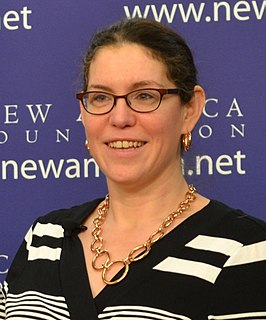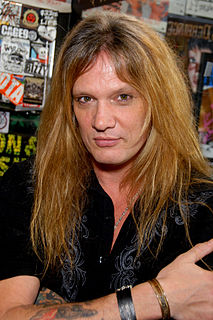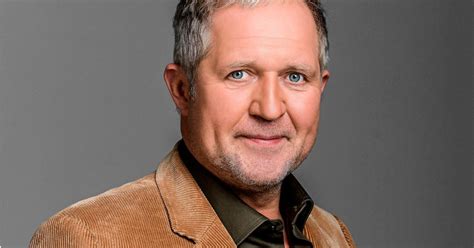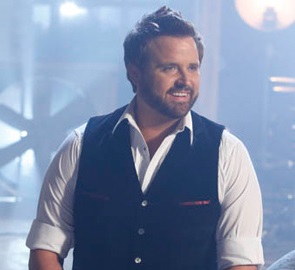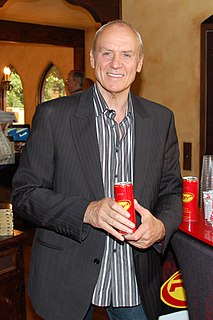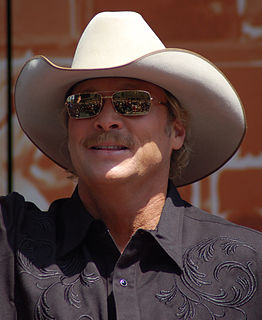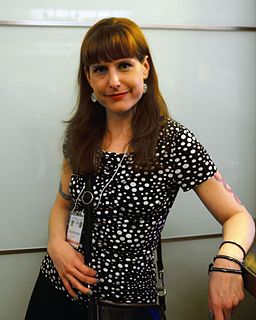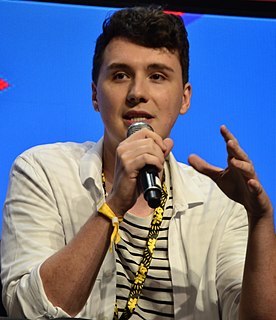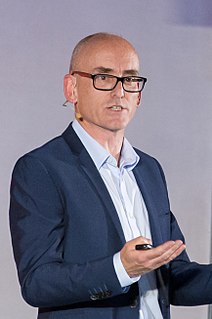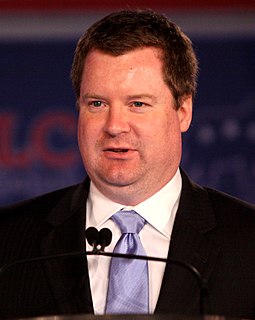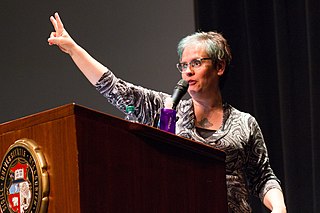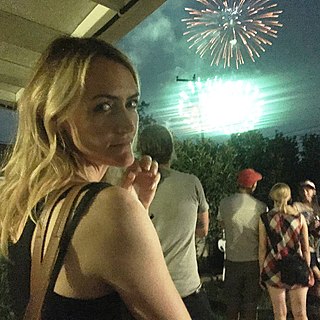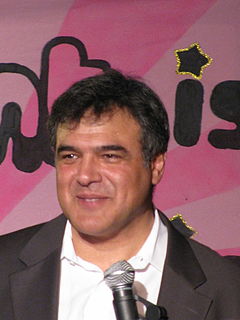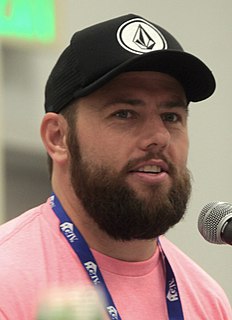A Quote by Megan McArdle
Over the years, I developed a theory about why writers are such procrastinators: We were too good in English class. This sounds crazy, but hear me out.
Related Quotes
Translated literature can be fascinating. There's something so intriguing about reading the text second hand - a piece of prose that has already been through an extra filter, another consciousness, in the guise of the translator. Some of my favorite writers who have written in English were doing so without English being their first language, so there's a sense of distance or of distortion there, too. Conrad. Nabokov. These writers were employing English in interesting ways.
The one good thing to be said about announcing yourself as a writer in the colonial Canadian fifties is that nobody told me I couldn't do it because I was a girl. They simply found the entire proposition ridiculous. Writers were dead and English, or else extremely elderly and American; they were not sixteen years old and Canadian.
Shakespearean words, foreign words, slang and dialect and made-up phrases from kids on the street corner: English has room for them all. And writers - not just literary writers, but popular writers as well - breathe air into English and keep it lively by making it their own, not by adhering to some style manual that gets handed out to college Freshmen in a composition class.
Historical grammar is a study of how, say, modern English developed from Middle English, and how that developed from Early and Old English, and how that developed from Germanic, and that developed from what's called Proto-Indo-European, a source system that nobody speaks, so you have to try to reconstruct it.
Joss Whedon writes beautiful drama. His sensitivity and his sense of drama and scenes are pretty exceptional. There's no one else writing like him, really, in sci-fi and TV. That's not to say there are no astonishing writers on TV. I was nervous about coming to America and playing an English person who speaks very English when all the writers are American, because it's a very particular thing to imitate, and if it's badly imitated, it sounds painfully contorted and silly. And he writes very well for English people. It was Joss Whedon who persuaded me.
It was at Harvard not quite forty years ago that I went into an anechoic [totally silent] chamber not expecting in that silent room to hear two sounds: one high, my nervous system in operation, one low, my blood in circulation. The reason I did not expect to hear those two sounds was that they were set into vibration without any intention on my part. That experience gave my life direction, the exploration of nonintention. No one else was doing that. I would do it for us. I did not know immediately what I was doing, nor, after all these years, have I found out much. I compose music.
When you're listening to radio and hear the same 20 songs over and over and over, you want a break from it. Sometimes you don't want to hear something that sounds just like everything else on the radio. Eventually, if you hear the same sounds and the same musicians and the same mixes and all of that, it will start to sound like elevator music.
The guys that write Once Upon a Time were major writers on Lost, and we had lunch when I started on OUAT and the first thing I said to them was, "I spent five years on Lost, you have to tell me, was my character good or bad?" They looked at me and said, "We have no idea." That's why you have to make your own backstory. I decided Widmore was the evilest of the evil, but in the end, not even the writers knew.
If anything good came out of 9/11, to me, was that people were so cynical about the world - all you hear about on the news is all the bad stuff everyday, but what was refreshing to me was after that, you saw how many good people there are out there. For every one bad one, there's a thousand good ones.
